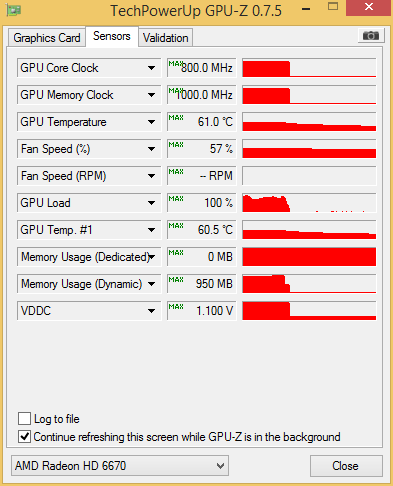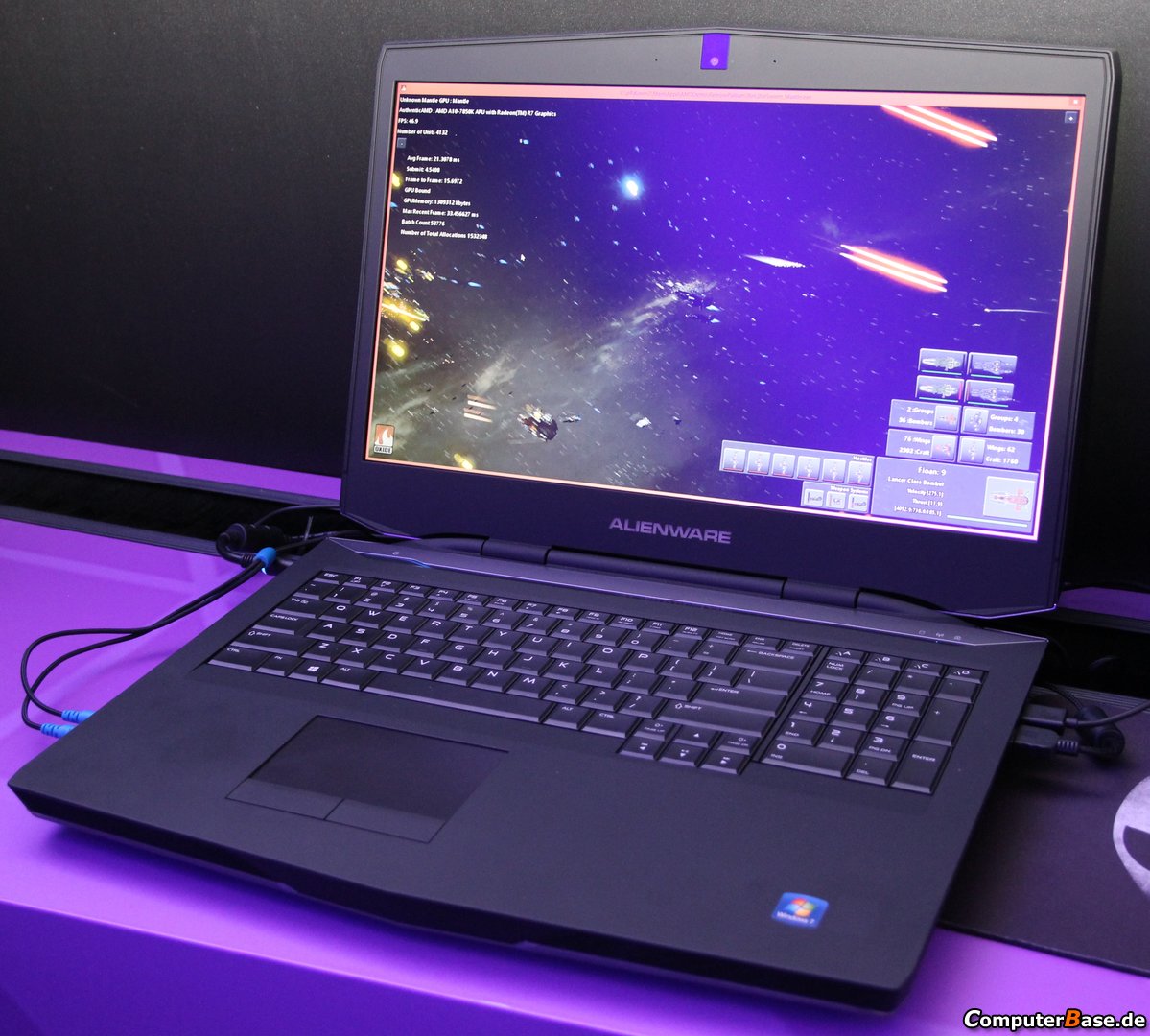

If you plan to buy a discrete GPU for video editing, 8 GB is enough for editing 720-1080p files, 16 GB for 4K files, and 32 GB to 64 GB 8K files.If you plan to buy a discrete GPU for gaming, 2GB dedicated VRAM is enough for games at 720p resolution, 4 GB VRAM for 1080p, 6 GB VRAM for 1440p and 8 GB VRAM for 2160p resolution.An integrated GPU can complete these jobs. If you just use your computer to browse websites, send and receive email, edit Word and Excel files, etc.If you plan to buy a discrete GPU with VRAM, here are some tips on how much VRAM you may need:

If you decide to upgrade RAM, please refer to this post: How to Get More RAM on Laptop-Free up RAM or Upgrade RAM. But it is not that the more virtual memory, the better (I will explains that later).

If your RAM is not enough, you can increase the virtual memory or upgrade the RAM. In the post- Is 8GB RAM Enough for PC in 2020?-you can know how to check the RAM size and determine whether you should use RAM more than 4GB. In general, 4GB to 8GB RAM is enough for use, unless you are using RAM-heavy applications. How Much RAM, VRAM, and Virtual Memory Do I Need? In Windows systems, these “paged out” pages are stored in one or more files (Pagefile.sys files) in the root of a partition.

This technology is called Virtual Memory and it will free that RAM frame for other uses. To relieve memory stress, when the memory being used by all the existing processes exceeds the available RAM, the operating system moves pages (4-KB pieces) of one or more virtual address spaces to the computer’s hard disk. Integrated GPUs still take resources from RAM. VRAM is a dedicated RAM for GPU and only discrete GPUs have VRAM. It is the graphics card's own memory and will not occupy system memory. To put it plainly, CPU will transfer the data that needs to be operated into the memory for operating and then transmit the result back to hard drive for save after the operation is completed. It is used to temporarily store the operational data of CPU and the data exchanged with an external memory (such as a hard disk). RAM is short for Random Access Memory, which is a component that allows your computer to store data short-term for quicker access.


 0 kommentar(er)
0 kommentar(er)
